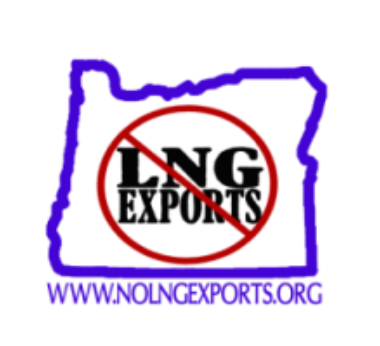Sixteen cars of a Union Pacific unit train carrying Bakken crude oil derailed at Mosier, Oregon about 12:20 Friday afternoon, igniting a fire and sending out large plumes of toxic smoke. Four cars ultimately ruptured and burned but luckily, none exploded.
We were also very lucky that the winds were calm and the forests haven’t dried out. The typical 30-mph west winds would have spread the fire directly through the town of Mosier and beyond. And firefighters would have been hampered by the toxic plume from the burning crude.
Some of the spilled crude oil leaked into the Columbia River in less than 24 hours. The quantity of oil spilled is unknown. Oil containment booms have been deployed in the river near the spill.
The Incident Command Center was set up less than 1/4 mile from the burning cars, well within the recognized blast zone radius of one mile. There was a significant danger of the burning tanks rupturing under high pressure in a classic burning liquid expanding vapor explosion (BLEVE).
The Union Pacific Railroad commanded the combined firefighting resources from Mosier, Hood River, The Dalles, Portland, the US Forest Service, and other agencies. But it took several hours for those Union Pacific people to arrive. Foam resources were brought in from Pendleton and from Portland, but there was no foam available for three hours as the cars spilled and burned. After cooling the cars, foam was used to extinguish the majority of the fires around 6:30 PM.
There are no deaths or injuries reported.
The train derailed at about 12:20 p.m. Residents were immediately evacuated within a quarter-mile of the crash. Mosier residents were warned that a mandatory one-mile evacuation could be put in place at anytime. Klickitat County in Washington issued an Air Quality Advisory at 2:12 PM, warning of the toxic plume heading west down the river.
Environmental groups, including CGCAN, have been warning of exactly this kind of oil-train accident. Derailment statistics are as regular as automobile accidents, so it’s a matter of when, not if. Therefore we need to keep toxic, explosive cargo like Bakken crude and tar sands crude off of trains in the Columbia Gorge.




